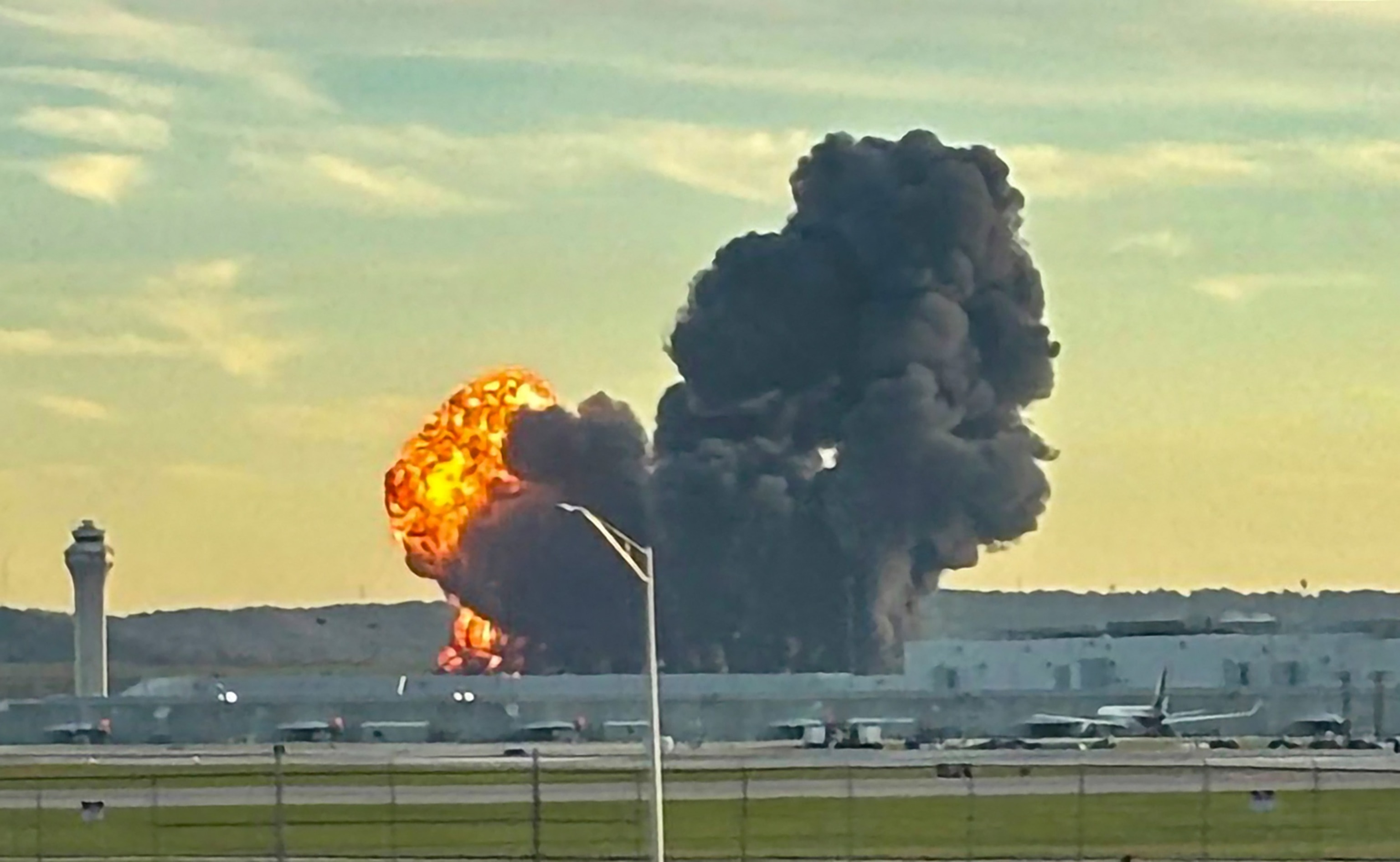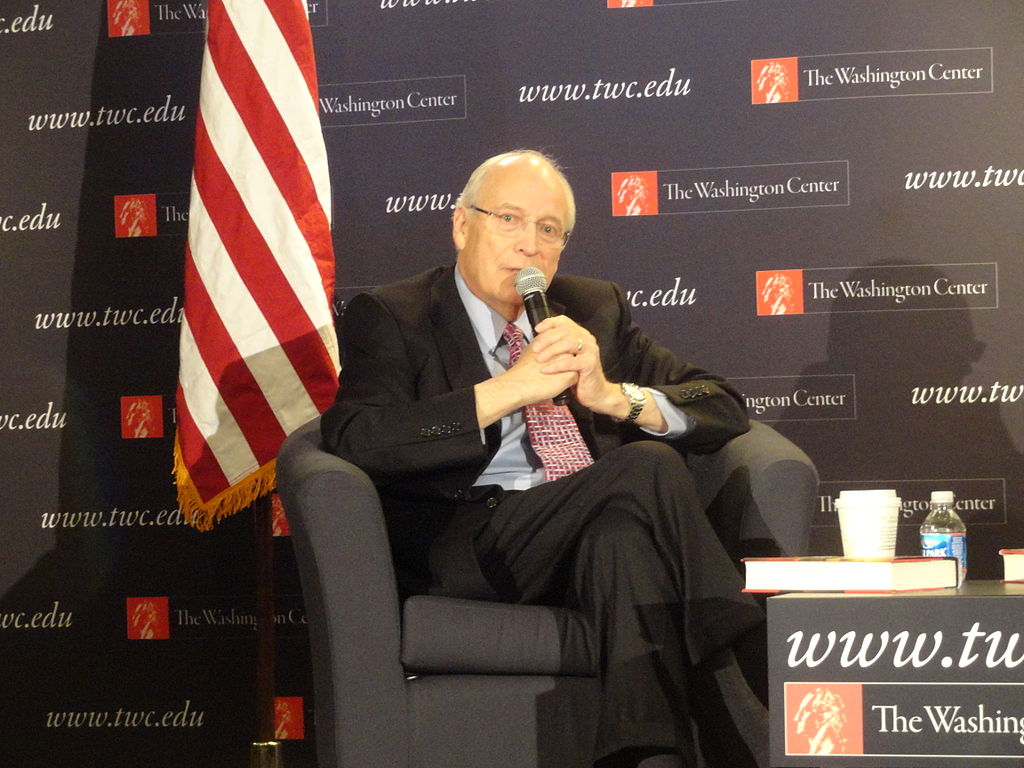The incident
On Tuesday, November 4, 2025, a UPS cargo plane crashed shortly after takeoff from Louisville, Kentucky, en route to Honolulu. News-Press NOW+3AP News+3Reuters+3
- The aircraft was a McDonnell Douglas MD‑11 F freighter. Wikipedia+1
- Crash time was around ~5:15 p.m. local time. WSLS+1
- The death toll has been confirmed at nine so far, with authorities warning it may rise. Reuters+1
- At least 11 people were injured. AP News
- The crash impacted industrial buildings and ground facilities near the airport.
A Moment of Shock
On November 4, 2025, tragedy struck the global logistics world when a UPS cargo plane — a McDonnell Douglas MD-11 freighter — crashed shortly after takeoff from Louisville Muhammad Ali International Airport, killing at least nine people and injuring others.
The aircraft, en route to Honolulu, fell from the sky and erupted into a massive fireball, scattering debris and disrupting one of UPS’s most critical global air hubs.
“It fell out of the sky — like it just stopped flying,” said one witness. “We found metal, boxes, even Hawaiian dresses scattered across the field.”
For a company that thrives on precision and reliability, the shock was not only operational — it was deeply human.
Resilience Amid Ruin
UPS Worldport — the company’s global air logistics nerve center.
Resilience in business is often discussed as a strategy, but in moments like this, it becomes a living test.
UPS, with over a century of global operations, has weathered storms both literal and financial. From fuel crises to economic downturns and automation challenges, the company’s resilience has been built on discipline, preparation, and transparency.
When the plane went down, UPS responded quickly:
- Activated emergency and crisis management teams.
- Grounded similar aircraft for inspection.
- Provided support for victims’ families.
- Maintained open communication with media and staff.
This response showed that resilience is not about avoiding crisis — it’s about how an organization stands in the aftermath.
Watch: UPS Plane Crash Footage and Coverage
BBC Verified: Fireball After UPS Plane Crash in Kentucky
Al Jazeera English: Cargo Plane Crash Sparks Deadly Fireball
The Bigger Picture: Risk, Resilience, and Reputation
In logistics, resilience isn’t a slogan — it’s infrastructure.
Every flight, every cargo manifest, every hub is part of a finely tuned system that must withstand shocks.
When an aircraft crashes:
- Trust is shaken.
- Employee morale takes a hit.
- Brand reputation faces its hardest test.
But history shows that companies that respond with honesty and humanity emerge stronger.
FedEx and DHL faced similar moments — and redefined their safety and crisis frameworks as a result.
UPS now stands in that same crucible, tasked with rebuilding confidence one package, one flight, one family at a time.
💬 “Preparedness must include empathy. Resilience without humanity is just recovery.”
Human Strength Behind Corporate Systems
Behind every package and plane is a human story. Pilots, engineers, warehouse crews — the heartbeat of global commerce.
After the crash, thousands of UPS employees still reported for duty the next morning, ensuring that supply lines remained open. That quiet perseverance is the truest definition of resilience — not found in press releases, but in people.

UPS ground crew continue operations at Worldport, a day after the crash. (ABC News)
Lessons for Leaders
1. Preparedness must include empathy.
A plan is only as strong as the compassion behind it.
2. Transparency sustains trust.
In a viral world, silence is the loudest failure.
3. Resilience is a muscle.
It must be strengthened in calm times, not improvised in crisis.
4. Legacy is built in adversity.
How a company responds to loss defines its culture far more than any quarterly report.
A Path Forward

The NTSB investigation will reveal the technical cause — whether mechanical failure, maintenance issues, or pilot distress.
But for UPS, the greater challenge is emotional and cultural:
to rebuild faith, reassure employees, and reinforce the systems that make global logistics possible.
UPS’s history suggests it will do just that.
Resilience, after all, is the company’s DNA — built from millions of deliveries, thousands of flights, and an unspoken promise: to keep the world moving, no matter what.
Final Word
The Louisville crash is a sobering reminder that even the most dependable systems can fail.
But resilience isn’t about never falling — it’s about rising with integrity.
UPS now faces one of its most defining tests — and, if history is any guide, will emerge not just operationally stronger, but humanly wiser.
Related Coverage
- Reuters — Death Toll in Louisville UPS Plane Crash Rises to 9
- The Guardian — Air Safety Officials to Investigate UPS Crash
- AP News — At Least 7 Dead, 11 Injured in UPS Crash
Author’s Note
This post is part of the “Resilience and trend” series — exploring how organizations navigate tragedy, sustain operations, and maintain trust through crisis.
Follow for upcoming insights on business recovery, crisis leadership, and brand resilience.







